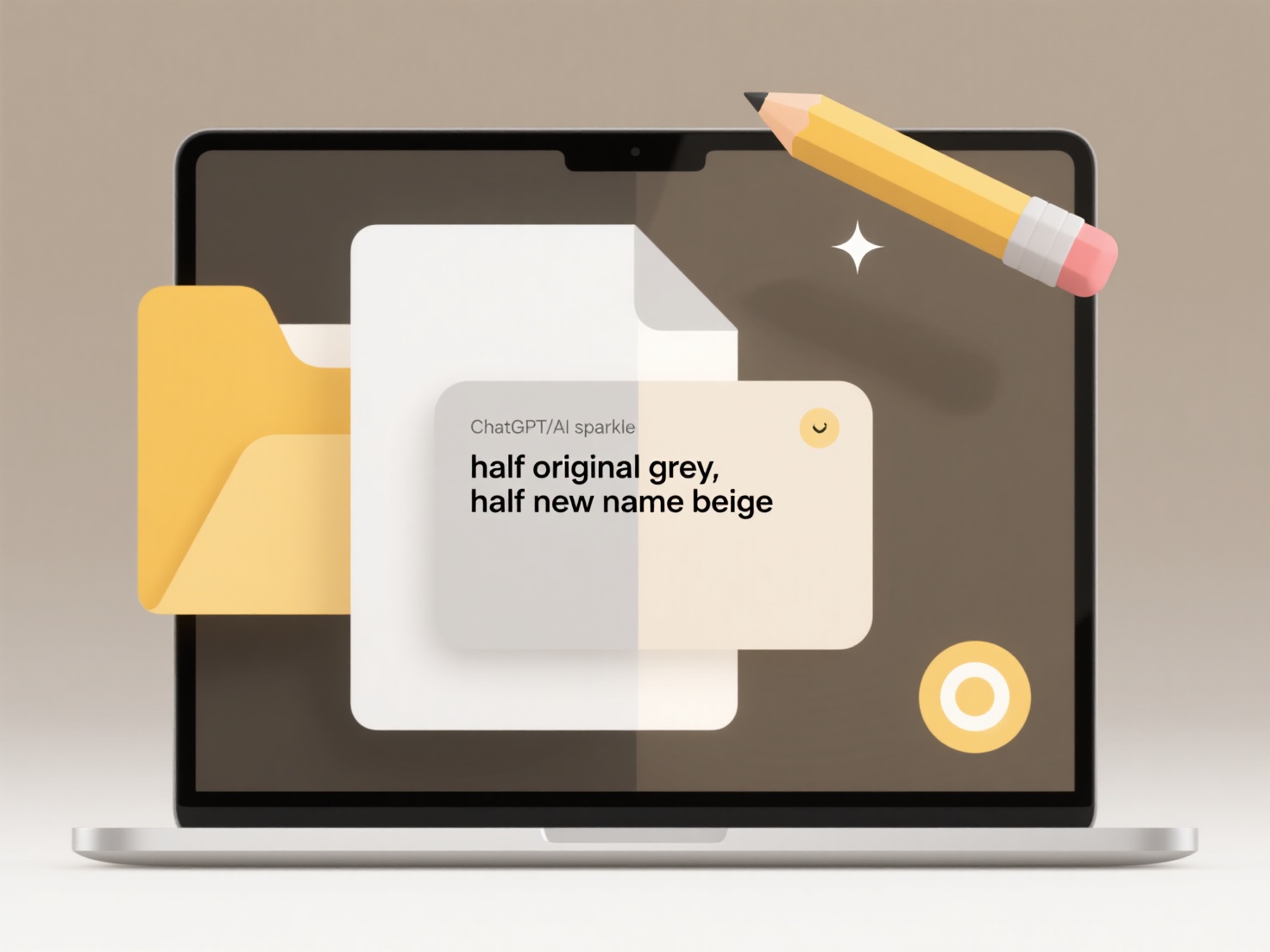
Old file formats refer to digital files created with outdated software versions or applications no longer widely supported. Compatibility issues arise because modern apps often lack the built-in codecs or structures needed to interpret these legacy formats. To open them, you typically need file conversion tools that translate the old format into a modern standard, or emulation software that mimics the old application's environment.

For instance, a business might convert old Lotus 1-2-3 spreadsheets (.WK files) to Excel (.XLSX) using dedicated converters within LibreOffice or cloud services like Zamzar. Similarly, graphic professionals access legacy QuarkXPress layouts (.QXD) via specialized import plugins in Adobe InDesign or by running old Quark versions in a virtual machine. Archival institutions frequently use emulators for obsolete game cartridges or multimedia formats.
This approach preserves historical data but carries risks like data loss during conversion or security vulnerabilities in abandoned software. Ethically, it aids cultural preservation but highlights challenges in long-term digital accessibility. Future solutions may involve AI-powered reconstruction or standardized archival formats to mitigate obsolescence.
How can I open old file formats in modern apps?
Old file formats refer to digital files created with outdated software versions or applications no longer widely supported. Compatibility issues arise because modern apps often lack the built-in codecs or structures needed to interpret these legacy formats. To open them, you typically need file conversion tools that translate the old format into a modern standard, or emulation software that mimics the old application's environment.

For instance, a business might convert old Lotus 1-2-3 spreadsheets (.WK files) to Excel (.XLSX) using dedicated converters within LibreOffice or cloud services like Zamzar. Similarly, graphic professionals access legacy QuarkXPress layouts (.QXD) via specialized import plugins in Adobe InDesign or by running old Quark versions in a virtual machine. Archival institutions frequently use emulators for obsolete game cartridges or multimedia formats.
This approach preserves historical data but carries risks like data loss during conversion or security vulnerabilities in abandoned software. Ethically, it aids cultural preservation but highlights challenges in long-term digital accessibility. Future solutions may involve AI-powered reconstruction or standardized archival formats to mitigate obsolescence.
Quick Article Links
Can I rename files exported from forms or surveys?
Yes, you can typically rename files exported from forms or surveys. This refers to changing the filename assigned during...
How do I find files with incomplete names?
Finding files with incomplete names refers to locating files when you know only part of their exact filename. Instead of...
What is the difference between sharing and collaborating?
Sharing involves distributing digital resources (files, links, access) with others, granting them the ability to view or...